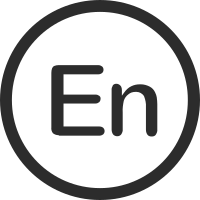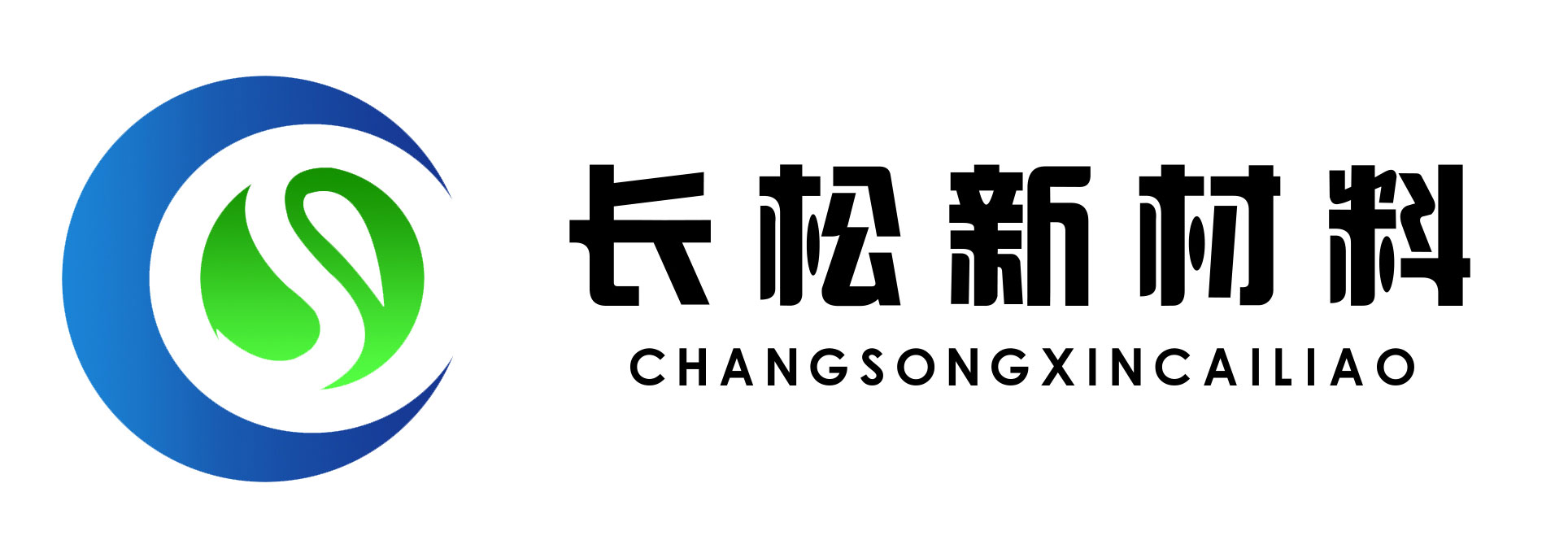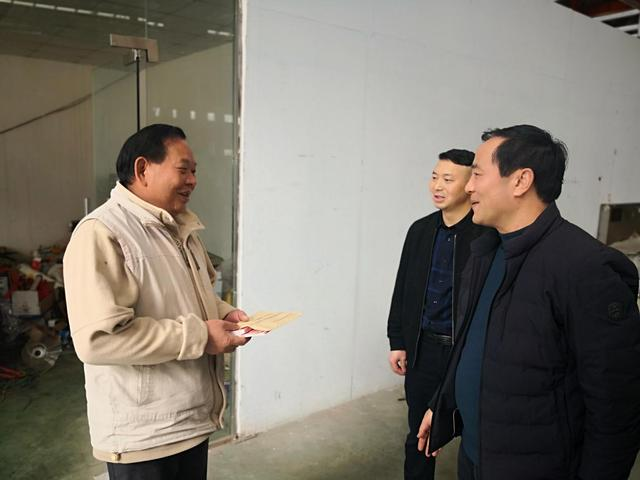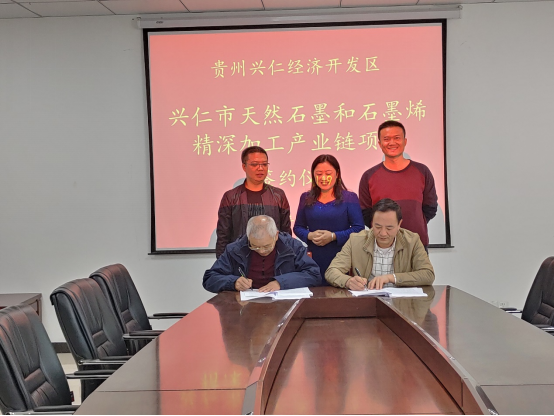Expanded graphite
Expanded graphite, also called vermicular graphite, is a loose and porous vermicular substance obtained from natural graphite through intercalation, washing, drying, and high temperature expansion. In addition to the excellent properties of natural graphite, such as heat resistance, corrosion resistance, and self-lubrication, expanded graphite also has softness, compression resilience, adsorption, ecological environment coordination, biocompatibility, and radiation resistance that natural graphite does not have. Sex and other characteristics.
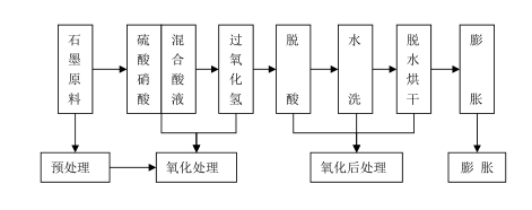
Process flow chart of expanded graphite production
Characteristics of expanded graphite:
①Extremely strong pressure resistance, flexibility, plasticity and self-lubricating;
②Extremely strong resistance to high and low temperature, corrosion resistance and radiation resistance;
③Extremely strong seismic characteristics;
④Extremely strong electrical conductivity;
⑤Strong anti-aging and anti-distortion characteristics;
⑥ It can resist the melting and penetration of various metals;
⑦Non-toxic, does not contain any carcinogens, and has no harm to the environment;
Application: environmental protection field, sealing materials, biomedicine, high-energy battery materials, phase change heat storage materials, fire safety materials, thermal insulation, sound insulation materials, electromagnetic shielding components, catalytic materials.

